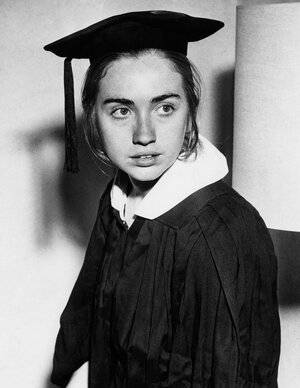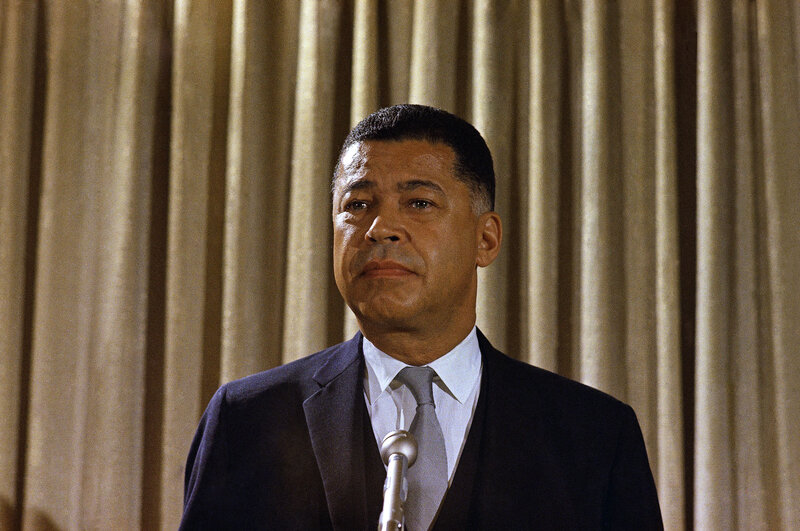Documentary is about both Trump and Hillary. The more you know.... Her celebrity got Bill's attention, started her attraction to politics. Trump was scummy of course.
http://time.com/3502935/life-with-hillary-portraits-of-a-wellesley-grad-1969
http://time.com/3502935/life-with-hillary-portraits-of-a-wellesley-grad-1969




